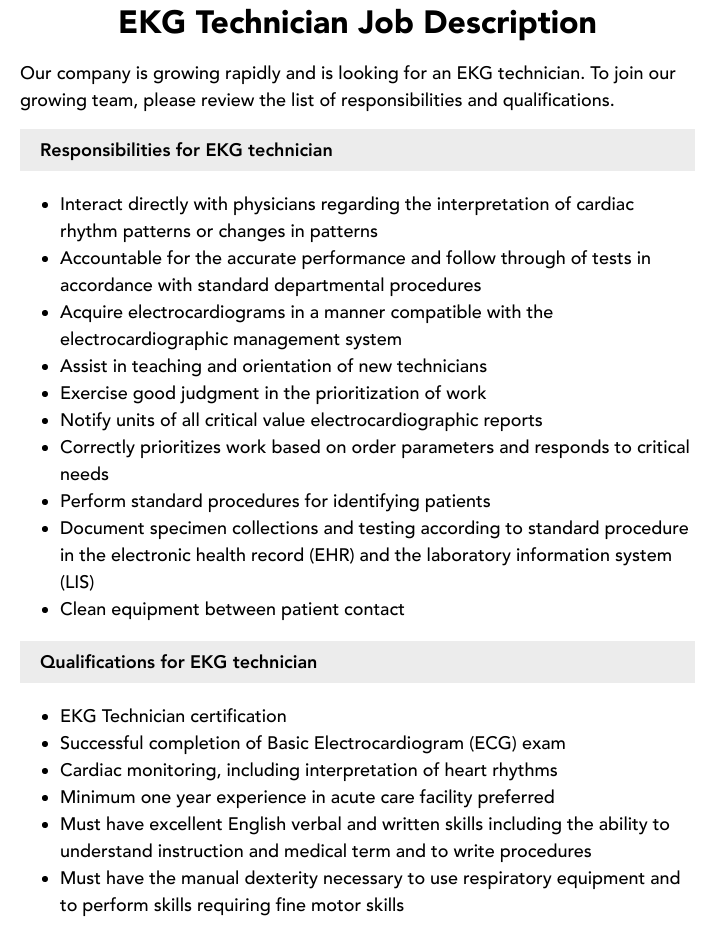
Leader descriptive words are adjectives or phrases used to describe the qualities and characteristics of a leader. These words can be used to highlight the leader’s strengths, weaknesses, abilities, and personality traits. Some common leader descriptive words include:
- Charismatic
- Decisive
- Empathetic
- Inspirational
- Motivational
- Strategic
- Visionary
Leader descriptive words are important because they help us to understand the nature of leadership and what makes a good leader. They can also be used to identify and develop our own leadership skills.
The use of leader descriptive words has a long history, dating back to ancient times. In the Bible, for example, Moses is described as a “great leader” and “a man of God.” In more recent times, leaders such as Nelson Mandela and Mahatma Gandhi have been praised for their charisma, vision, and ability to inspire others.
In today’s world, leader descriptive words are more important than ever. With the increasing complexity of the global economy and the challenges of climate change, we need leaders who can think strategically, make tough decisions, and motivate others to achieve great things. Leader descriptive words can help us to identify and develop the leaders we need to meet the challenges of the 21st century.
1. Charismatic
Charismatic is one of the most important leader descriptive words. It refers to a leader who is able to inspire and motivate others. Charismatic leaders are often seen as having a magnetic personality and a strong sense of purpose. They are able to communicate their vision in a way that inspires others to follow them.
There are many examples of charismatic leaders throughout history. One example is Nelson Mandela. Mandela was a South African anti-apartheid revolutionary, political leader, and philanthropist who served as the first President of South Africa from 1994 to 1999. Mandela was a charismatic leader who inspired millions of people around the world with his message of peace and reconciliation. Another example of a charismatic leader is Mahatma Gandhi. Gandhi was an Indian lawyer, anti-colonial nationalist, and political ethicist who employed nonviolent civil disobedience to lead India to independence from British rule. Like Mandela, Gandhi was a charismatic leader who inspired millions of people with his message of peace and nonviolence.
Charismatic leaders are important because they are able to inspire and motivate others to achieve great things. They are able to create a sense of community and purpose, and they are able to build trust and loyalty among their followers. In today’s world, charismatic leaders are more important than ever. With the increasing complexity of the global economy and the challenges of climate change, we need leaders who can inspire and motivate us to meet the challenges of the 21st century.
2. Decisive
Decisive is a key leader descriptive word that refers to a leader’s ability to make tough decisions in a timely manner. Decisive leaders are able to weigh the pros and cons of different options and make a decision even when there is no clear consensus. They are also able to communicate their decisions clearly and concisely, and they are willing to take responsibility for the consequences of their decisions.
Decisiveness is an important quality for leaders because it allows them to move forward and take action, even in the face of uncertainty. Decisive leaders are able to inspire confidence in their followers and build trust. They are also able to create a sense of momentum and urgency, which can be essential for achieving success.
There are many examples of decisive leaders throughout history. One example is Winston Churchill. Churchill was the Prime Minister of the United Kingdom during World War II. He was a decisive leader who made many tough decisions during the war, including the decision to evacuate the British army from Dunkirk and the decision to launch the D-Day landings. Churchill’s decisiveness was a key factor in the Allied victory in World War II.
Another example of a decisive leader is Angela Merkel. Merkel was the Chancellor of Germany from 2005 to 2021. She was a decisive leader who made many tough decisions during her time in office, including the decision to bail out Greece during the European debt crisis and the decision to allow one million refugees into Germany in 2015. Merkel’s decisiveness was a key factor in Germany’s economic and political stability during her time in office.
Decisive leaders are essential for organizations of all sizes. They are able to make the tough decisions that need to be made, and they are able to inspire confidence and trust in their followers. In today’s rapidly changing world, decisive leaders are more important than ever.
3. Empathetic
Empathy is the capacity to understand or feel what someone else is feeling or experiencing. It involves understanding both the emotional and cognitive aspects of another person’s experience, and it can be a powerful tool for leaders.
Empathetic leaders are able to connect with their followers on a personal level, and they are able to understand their needs and concerns. This allows them to build trust and rapport, and it creates a more positive and productive work environment. Empathetic leaders are also able to make better decisions, as they are able to take into account the perspectives of others.
There are many examples of empathetic leaders throughout history. One example is Nelson Mandela. Mandela was a South African anti-apartheid revolutionary, political leader, and philanthropist who served as the first President of South Africa from 1994 to 1999. Mandela was an empathetic leader who was able to connect with people from all walks of life. He was able to understand their pain and suffering, and he was able to work with them to build a better future for South Africa.
Another example of an empathetic leader is Jacinda Ardern. Ardern is the Prime Minister of New Zealand. She is an empathetic leader who has been praised for her handling of the COVID-19 pandemic. Ardern has been able to connect with New Zealanders on a personal level, and she has been able to make tough decisions that have protected the health and well-being of her people.
Empathetic leaders are essential for organizations of all sizes. They are able to build trust, motivate their followers, and make better decisions. In today’s rapidly changing world, empathetic leaders are more important than ever.
4. Inspirational
In the realm of leadership, inspiration serves as a beacon of motivation, igniting the passion and commitment of followers. Inspirational leaders possess an innate ability to evoke a sense of purpose, encouraging their teams to strive for excellence and achieve extraordinary results.
-
Visionary Outlook
Inspirational leaders are guided by a clear and compelling vision for the future. They articulate this vision with passion and conviction, inspiring their followers to embrace it as their own. By painting a vivid picture of what is possible, they create a sense of excitement and anticipation, motivating their teams to work tirelessly towards its realization.
-
Exceptional Communication Skills
The power of words is not lost on inspirational leaders. They possess exceptional communication skills, using language to connect with their followers on an emotional level. Through speeches, stories, and everyday interactions, they convey their vision, values, and beliefs, inspiring their teams to believe in themselves and the mission at hand.
-
Empathy and Emotional Intelligence
Inspirational leaders demonstrate high levels of empathy and emotional intelligence. They are attuned to the needs, aspirations, and emotions of their followers. By understanding their team’s motivations and challenges, they can tailor their leadership approach to inspire and empower each individual.
-
Unwavering Optimism
In the face of adversity, inspirational leaders remain beacons of optimism. They believe in the potential of their followers and the possibility of success. Their unwavering optimism creates a positive and motivating work environment, encouraging their teams to persevere through challenges and strive for greatness.
These facets of inspiration are not mutually exclusive but rather intertwine to create a powerful force that drives leadership effectiveness. Inspirational leaders possess a unique combination of these qualities, enabling them to motivate, engage, and inspire their followers to achieve remarkable feats.
FAQs on Leader Descriptive Words
This section addresses frequently asked questions and clears up common misconceptions surrounding leader descriptive words.
Question 1: What are some common leader descriptive words?
Answer: Common leader descriptive words include charismatic, decisive, empathetic, inspirational, motivational, strategic, and visionary.
Question 2: Why are leader descriptive words important?
Answer: Leader descriptive words help us to understand the qualities and characteristics of effective leaders. They allow us to identify and develop our own leadership skills.
Question 3: What is the difference between a charismatic leader and an inspirational leader?
Answer: Charismatic leaders are able to inspire and motivate others, while inspirational leaders are able to articulate a clear and compelling vision for the future.
Question 4: What is the importance of empathy in leadership?
Answer: Empathy allows leaders to understand the needs, aspirations, and emotions of their followers. This enables them to tailor their leadership approach to inspire and empower each individual.
Question 5: How can I become a more inspirational leader?
Answer: To become a more inspirational leader, focus on developing your vision, communication skills, empathy, and optimism.
Question 6: What are some examples of inspirational leaders?
Answer: Examples of inspirational leaders include Nelson Mandela, Mahatma Gandhi, Winston Churchill, and Jacinda Ardern.
Summary: Leader descriptive words are essential for understanding the nature of leadership and what makes a good leader. By understanding the different qualities and characteristics of leaders, we can better identify and develop the leaders we need to meet the challenges of the 21st century.
Transition to the next article section:
The Importance of Leader Development
Tips for Choosing the Right Leader Descriptive Words
Leader descriptive words are essential for understanding the nature of leadership and what makes a good leader. By understanding the different qualities and characteristics of leaders, we can better identify and develop the leaders we need to meet the challenges of the 21st century.
Here are five tips for choosing the right leader descriptive words:
Tip 1: Consider the context
The context in which you are using leader descriptive words is important. For example, if you are writing a job description, you will want to use different words than if you are writing a performance review.
Tip 2: Be specific
Avoid using general leader descriptive words like “good” or “bad.” Instead, be specific about the qualities and characteristics of the leader you are describing.
Tip 3: Use a variety of words
Don’t rely on the same leader descriptive words over and over again. Use a variety of words to paint a well-rounded picture of the leader you are describing.
Tip 4: Get feedback
Once you have chosen a few leader descriptive words, ask for feedback from others. This will help you to ensure that you are using the words in the most effective way.
Tip 5: Be consistent
Use leader descriptive words consistently throughout your writing. This will help to create a clear and concise picture of the leader you are describing.
Summary: By following these tips, you can choose the right leader descriptive words to effectively communicate your message.
Transition to the article’s conclusion:
Conclusion



